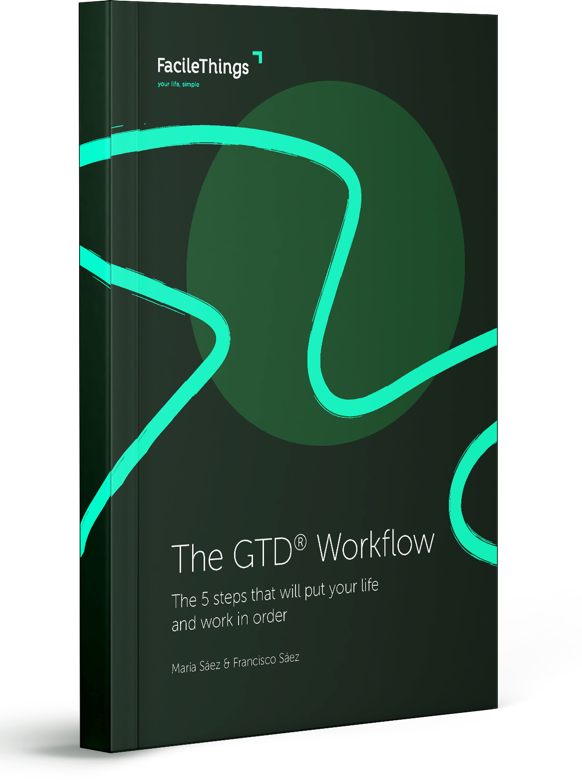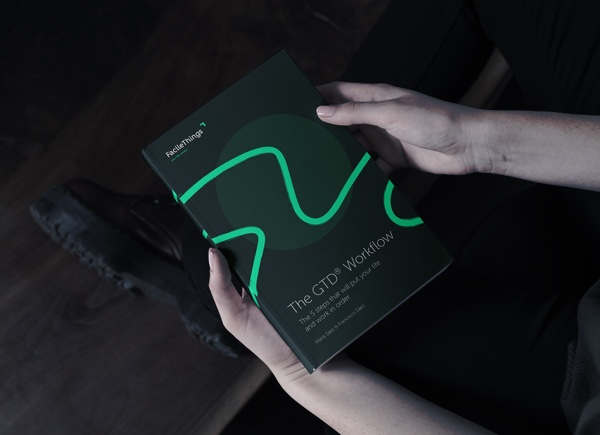Personal Productivity
First Things First
AUTHOR: Francisco Sáez"Putting first things first means organizing and executing around your most important priorities. It is living and being driven by the principles you value most, not by the agendas and forces surrounding you." ~ Stephen Covey

Unfortunately, we’ll never have enough time to do all of the important things we wish we could do in our lives and work.
Therefore, we’re always in need of making decisions about what tasks are more important and which deserve our attention. The issue here is whether that decision will be made by you or by the demands of your environment.
If you let the situation decide for you, the most urgent tasks will always take precedence over the important ones. Everything will be postponed and you won’t get anything important done.
According to Peter Drucker, highly effective people are very sure that first things come first, that is, they choose what’s most important at the moment amongst all the things they have to do, and they stick to the decision.
Moreover, Drucker says, effective people do only one thing at a time. That way, they can get things done in less time and more efficiently. It’s not about going crazy doing many things at the same time, but about establishing a clear path and following it slowly but surely.
Being effective involves deciding what is important to do at the moment and what needs to be postponed for another time. An effective person commits 100% to the task they are focused on right now. Then they review the situation, to choose the next action to commit 100% to.
The ability to focus is, therefore, a skill you need to develop to be effective. Concentration is necessary to get results, and to concentrate you need strong discipline and the determination to say no to anything that might distract you or jeopardize the achievement of the results you want.
The more committed you are to making a positive contribution to your environment, the more you will need to set aside continuous blocks of time to make those contributions.
Another common behavior of effective people is to stop investing time and energy in projects that they evaluated as important in the past, but that have ceased to be so, for whatever reason.
When you are about to start a new project or activity, evaluate those that are currently in progress. Is there one that is no longer interesting, that is not producing the desired results? If so, consider eliminating it to maintain a healthy balance of “ongoing” projects. If you don’t, soon your organizational system will no longer be manageable.
Most people have an exaggerated attachment to their past decisions and, as a consequence, are too busy with unimportant tasks. Systematically eliminating the old is the only way to bring in the new.
Peter Drucker gives the following tips for identifying priorities:
- Choose the future over the past
- Choose opportunity over the problem.
- Choose your own direction over that of someone else.
- Choose what makes a difference rather than what is easy and safe.





No comments